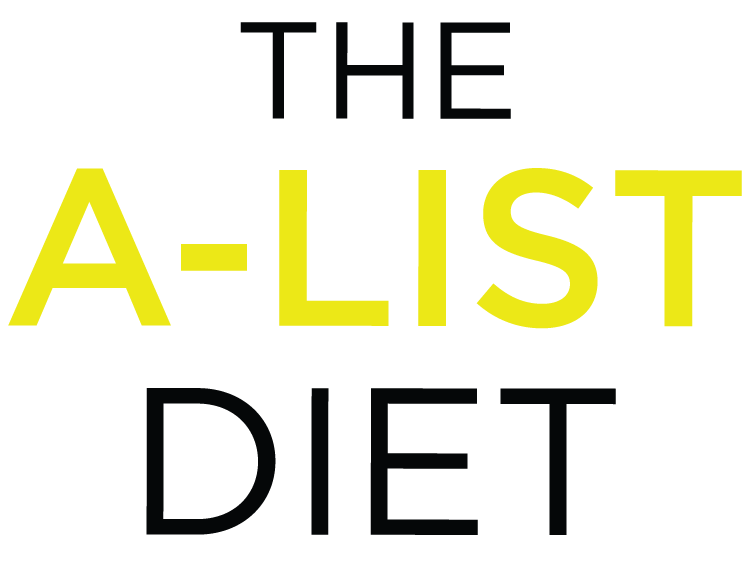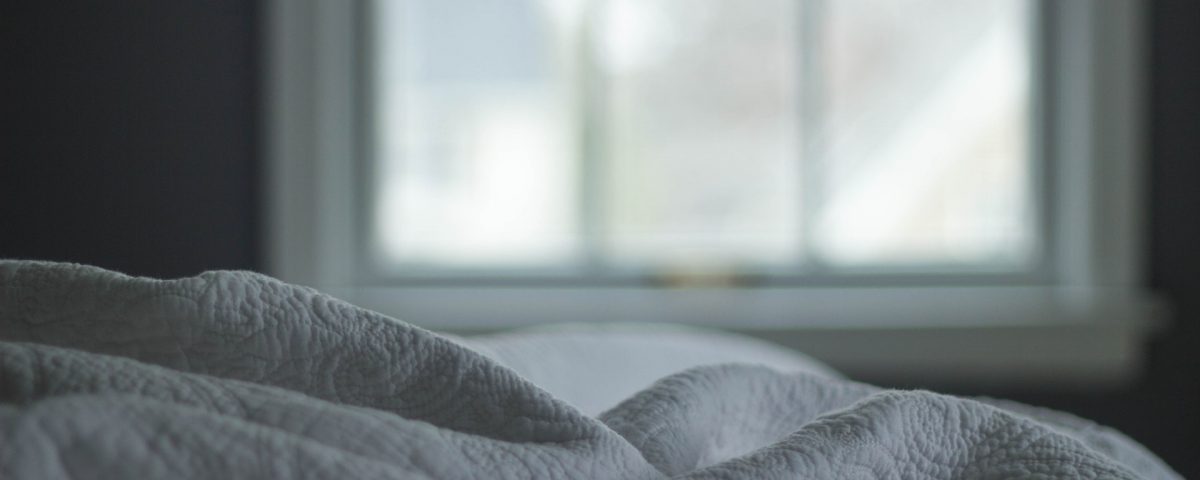According to the National Institutes of Health, nearly half of adults age 60 and older struggle with falling or staying asleep.
And it’s a common misconception that our need for restful sleep declines as we age. That’s simply not true.
No matter your age, you still need about 7 to 9 hours of sleep per night. And the fact is, if your sleep suffers, so will your health — and your appearance.
Consider this scenario: how many times have you felt completely exhausted by the end of the day and too tired to prepare a healthy dinner? The easy solution? Order take-out. More than likely, your food will be full of sugar, grease, and who knows what else. This junk will give you a temporary jolt of energy… to the point where you have trouble falling asleep — and thus, the cycle repeats…
And how many times have you stayed up late and tip-toed to the fridge for a midnight snack? A study from the American Journal of Clinical Nutrition found that late-night snacking increased in sleep-starved participants — and a majority of them reached for snacks high in carbs.
And in a study from the University of Colorado Boulder, male participants who were forced to sleep only five hours a night, gained two pounds within one week.
If that’s not enough to encourage you to call it a night an hour or two earlier, know this:
Lack of sleep drastically affects two of your “hunger hormones,” ghrelin (which tells you when to eat) and leptin (which tells you when to stop eating). We’re you’re deprived of sleep, your body produces less leptin. In fact, in a study from the University of Chicago, leptin levels dropped an astounding 20% following six days of insufficient sleep.
But it’s not just your waistline that suffers the effects of sleep loss…
Lack of sleep also depletes collagen, the protein responsible for your skin’s elasticity. Less collagen not only makes your face appear saggy, but it also dries out your skin, resulting in more pronounced wrinkles and fine lines.
And if being overweight and wrinkled weren’t enough to deal with, insufficient sleep also wreaks havoc on your glucose metabolism, putting you at risk for diabetes. In a recent study reported last fall by the Annals of Internal Medicine, researchers found that after four days of consecutive sleep deprivation, subjects’ fat cells were less sensitive to insulin. This metabolic change is strongly associated with both diabetes and obesity. One researcher stated, “Metabolically, lack of sleep aged fat cells about 20 years.”
Here’s the good news. Eating more nutritiously and decreasing inflammation can go a long way in helping you get the quality sleep you need. So you’ll sleep more soundly just by following the A-List Diet.
If you find you still have the occasional bout with insomnia, I do have a few tried-and-true recommendations. In fact, I just received a question from a reader about this very topic, so keep reading to find out more.
In the meantime, for more advice on getting the quality “beauty sleep,” you need to look and feel your best, read pages 87 – 89 in The A-List Diet book.
You can also check out more drug-free strategies for sounder sleep in my very own Perfect Sleep Protocol.
A-Lister’s Corner
“I’ve been traveling for work a lot recently, including some international trips. I find jet lag and being tired makes it MUCH harder for me to stick to the A-List Diet guidelines. My doctor prescribed Ambien, but I’ve heard really scary things about it. Is there anything natural I can take instead? –Kara S.”
Thanks for writing in, Kara. Your letter is a perfect example of what I was talking about above. It’s much harder to make healthy choices when you’re tired. And prescription sleep aids carry some serious risks, so I’m glad you’d rather opt for safe, natural solutions.
The good news is, there are lots of them to choose from. Here are my top picks:
- Melatonin: This is perhaps the most commonly known natural sleep supplement. Melatonin is generated by your body to not only aid in sleep, but also support your immune system. As you age, the amount your body produces begins to decrease. Supplementation can help control your wake and sleep cycles.
I recommend: 3 milligrams at bedtime to start. You may increase your dosage as needed, but don’t exceed 21 milligrams. If that doesn’t seem to help, time-released versions are available that work better for some.
- Theanine: Also found in green tea, this amino acid has been proven to be an effective calming agent. It’s often used to lower blood pressure and ease anxiety.
I recommend: 200 milligrams in the morning and another 200 milligrams a half an hour before you hit the hay.
- ETAS: This one’s a little different! ETAS is a novel enzyme-processed asparagus stem extract. It’s known for its ability to reduce stress, which in turn, helps sleep come easier. Clinical trials demonstrated its ability to decrease the distress caused by insomnia, as well as improve sleep onset, sleep time, and quality of sleep.
I recommend: 200 milligrams before calling it a day.
- SAM-e: This amino acid affects the brain’s neurotransmitters to regulates cortisol (the stress hormone), so that the biorhythms of your cortisol synchronize correctly. As a result, you’ll be better able to fall asleep at the appropriate time.
I recommend: 400 milligrams every morning.
- 5-HTP: Another amino acid, most commonly found in milk and turkey (which is why Thanksgiving dinner is commonly said to make you sleepy). Working on neurotransmitter levels, this supplement has been shown to aid in achieving restful sleep cycles.
I recommend: 100 milligrams per day to start. You may safely increase your dosage by 100 milligrams a day, but not to exceed 5,000 milligrams. Most people found their “sweet spot” at around 1,000 milligrams.
One More Thing…
As I mentioned above, natural supplementation can greatly help achieve the precious sleep your body needs. But it’s also important to take a closer look at your sleep habits and environment. Here are a few tips:
- end all screen usage (iPhone, TV, Kindle, etc.) at least two hours before bed
- reduce your intake of coffee (none past 2 PM) and alcohol
- make your bedroom a more restful environment
- only use it for sleep (do not read or eat in your bedroom)
- keep lighting dim
- move your TV to another room
- consider investing in some things that can help promote better sleep: a white noise machine, an aromatherapy water diffuser, new pillows with more supportive and temperature-regulating materials, etc.
Sources:
https://www.ncbi.nlm.nih.gov/pmc/articles/PMC3632337/
https://www.webmd.com/sleep-disorders/features/lack-of-sleep-weight-gain#2
https://www.webmd.com/diet/sleep-and-weight-loss#1
https://www.pritikin.com/your-health/health-benefits/healthy-weight-loss/429-sleep-apnea-may-be-keeping-you-from-losing-weight.html
https://www.webmd.com/beauty/features/beauty-sleep#1

